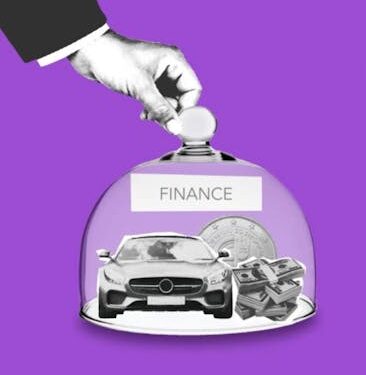Mastering Money Management: Strategies to Avoid Debt Traps
In today’s economic landscape, mastering money management and avoiding debt traps have become crucial skills. Effective financial management not only safeguards your present financial stability but also secures a prosperous future. This comprehensive guide outlines essential strategies and answers common questions to help you navigate the complexities of personal finance with confidence.
Understanding Debt Traps
Before delving into avoidance strategies, it’s vital to understand what debt traps are. A debt trap occurs when the repayment of a debt, primarily interest, becomes difficult or impossible through normal budgeting. This condition often results from high-interest rates, low incomes, or borrowing out of necessity rather than for investment purposes.
The Risk Factors of Debt Traps
- High-Interest Loans: Payday loans, credit cards with high rates, and other forms of unsecured debt can quickly lead to financial distress.
- Over borrowing: Taking out more loans than you can comfortably repay, often used to cover basic living expenses, can plunge you deeper into debt.
- Lack of Emergency Fund: Without a safety net, unexpected expenses such as medical bills or car repairs can force reliance on high-interest credit options.
Effective Debt Avoidance Strategies
To effectively manage your finances and avoid the pitfalls of debt, consider implementing these proven strategies:
Budgeting and Tracking Expenses
Crafting a budget is the cornerstone of sound money management. It involves monitoring your income and expenses to ensure you’re living within your means and not accruing unnecessary debt. Tools like budgeting apps can simplify this process, providing a clear overview of your financial health and helping you adjust spending habits accordingly.
Building an Emergency Fund
One of the best ways to shield yourself from debt is by establishing an emergency fund. Ideally, this should cover three to six months of living expenses, providing a buffer against unforeseen financial emergencies that might otherwise lead you to take on high-interest debt.
Smart Use of Credit
Credit can be a double-edged sword. While beneficial when used responsibly, it can lead to significant debt when mismanaged. To avoid falling into a debt trap, use credit sparingly and always with a plan for repayment. Opt for loans with lower interest rates, and prefer secured credit options wherever feasible.
Common Questions on Debt and Money Management
Q: How do I start creating a budget?
A: Begin by listing your total monthly income and expenses. Track all your spending for a month to identify unnecessary expenditures and adjust accordingly. Make use of online budgeting tools to structure your finances more effectively.
Q: What should I do if I’m already in a debt trap?
A: First, assess the extent of your debts and prioritize them by the interest rate—pay off high-interest debts first. Consider consulting with a financial advisor and exploring options like debt consolidation or restructuring for lower interest rates or extended payment terms.
Q: Is it better to save or pay off debt?
A: Typically, prioritizing high-interest debt repayment is financially wise since the interest can grow faster than savings can accrue interest. However, maintaining a small emergency fund even while paying off debt can prevent further borrowing in case of unexpected expenses.
Long-Term Financial Health
To truly master money management, aim to establish long-term goals and regularly review your financial plan. Investing in financial education can dramatically improve your ability to make informed decisions and can prevent common pitfalls such as the allure of seemingly easy credit.
Investing in Your Future
Consider broadening your financial horizon by investing in stocks, bonds, or real estate when appropriate. These assets can provide passive income and help build wealth over the long term, significantly reducing the likelihood of falling into debt.
Conclusion
By understanding the risks associated with debt and implementing effective money management strategies, you can avoid debt traps and secure your financial future. Remember, each step you take towards financial literacy and responsible spending habits not only enhances your immediate economic situation but also deepens your overall financial resilience for years to come.
Mastering money management is an ongoing journey of learning and adaptation. With the right strategies, tools, and mindset, you can navigate through the complexities of personal finance and avoid the pitfalls of debt traps effectively. Start today and transform your financial life forever.

























































